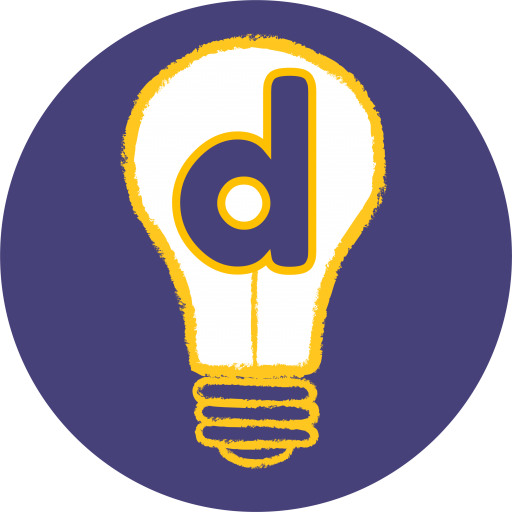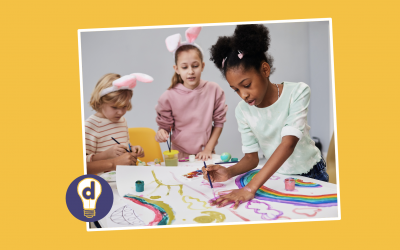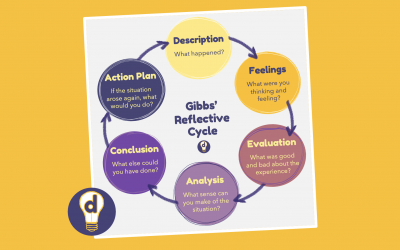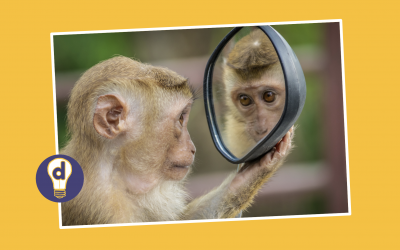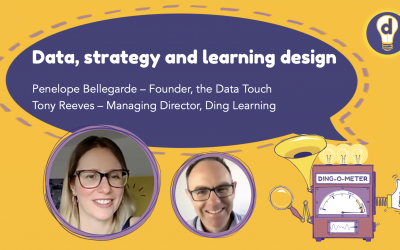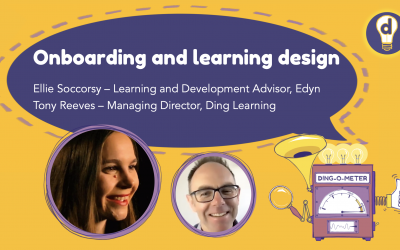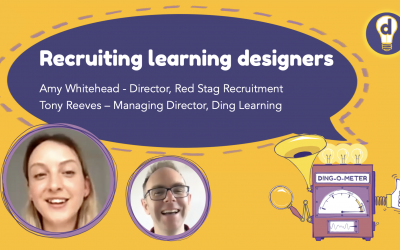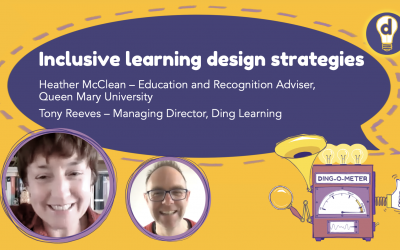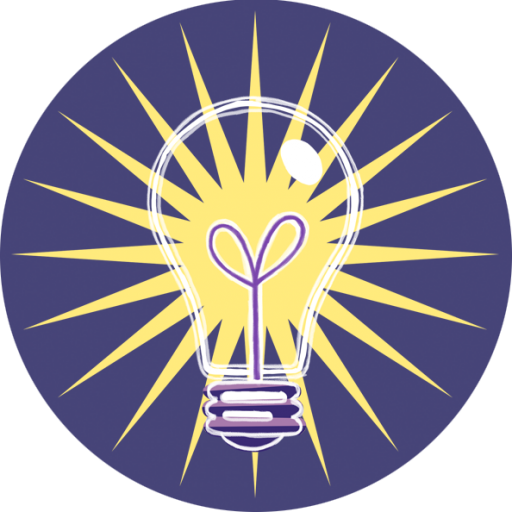tips and tricks for awesome learning design
How slow looking improves learning
‘Slow looking?’ you say. ‘Are you mad? There’s no time for that kind of thing in my practice.’ And you remember the Carrie Fisher quip: ‘Instant gratification takes too long.’ Actually, there are...
Designing learning for ADHD adults
'People with ADHD are often highly creative, determined, and able to tackle large and complex problems.' Colley (2009). AI is ‘the perfect partner for ADHD creativity’, says coach Andrew Lewis,...
Designing learning for the future of work
When someone has done a lot of research into the future of work, it's worth listening. At the OEB 2023 conference in Berlin, I was fortunate to attend a presentation by Hartwin Mass – a researcher...
Marisa Knowles: Designing learning to fit a company’s culture and values
When you're designing a corporate training experience, it's much more likely to be effective if employees perceive it as coming from within the existing culture of the business. This can be...
Enabling metacognition with learning design
Metacognition (at its simplest, thinking about thinking) is gaining some ground in primary and secondary outposts; in higher education and the workplace, you may draw a blank. However, say...
Graham Gibbs and the value of learning by doing
‘Most learners have a wealth of experience to draw on, which, however much lip-service is paid to it, tends to get sadly neglected even in the most carefully designed learning programmes. This is of...
Why learning should be fun, and how to design for it
Faced with a potentially dreary course on US organisational law, Roberto Corrada set his students to read Michael Crichton’s Jurassic Park. There were complaints, murmurings, a bit of truculence....
Positionality: who are you, and how does it influence your learning design?
Ask around about ‘positionality’ and you may just be told it’s a term connected with research, particularly qualitative research. But stay with me: its relevance for learning designers and educators...
Improving the experience for new students
Starting a new course at university can be both exciting and terrifying for students. But however students feel, they are unlikely to be able to focus on their studies until they feel accepted as...
Penelope Bellegarde: data, strategy and learning design
In this episode, my guest is Penelope Bellegarde, founder of The Data Touch consultancy and Data Coaching for Leaders. Penelope’s mission is to bring data into the boardroom using simple, clear...
Designing metacognition into learning experiences
Metacognition (at its simplest, thinking about thinking) is gaining some ground in primary and secondary outposts; in higher education and the workplace, you may draw a blank. However, say...
Ellie Soccorsy: Onboarding and learning design
In this episode, my guest is Ellie Soccorsy, who is a Learning and Development Adviser at Edyn, a hotel, travel and hospitality business. Ellie develops and facilitates learning experiences for...
Amy Whitehead: Recruiting learning designers
In this episode of the Ding-O-Meter, our guest is Amy Whitehead - Director of Red Stag Recruitment. Amy is a learning design recruitment specialist, which means she helps businesses find quality...
Heather McClean: Inclusive learning design strategies
In this episode of the Ding-O-Meter, we're joined by Heather Maclean. Heather is an Education and Recognition adviser at Queen Mary university, London, an all round teaching and learning...
Reducing cognitive load
Have you ever tried to remember a shopping list? Then you will have experienced cognitive load. If you can remember three or four items, that's not bad. Maybe you can remember eight or nine if...
9 common worries about using community in learning design
Designing, building and sustaining a learning community is a big task, and there are several common worries. But successfully harnessing the dynamics of community can bring huge benefits in a...
8 reasons to use community in learning design
In this post, I'm going to start by looking at some of the key concepts and research that underpin effective learning communities. Then, I’ll share eight reasons why creating a community around a...
Producing attentiveness and accountability in learning design
Attentiveness and accountability are two powerful levers that learning designers can use to drive engagement. Let's take a look at how we can use digital technologies to create these important...
